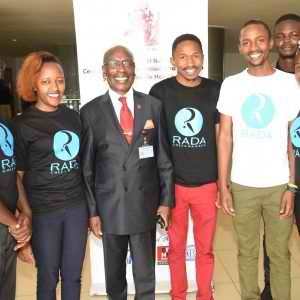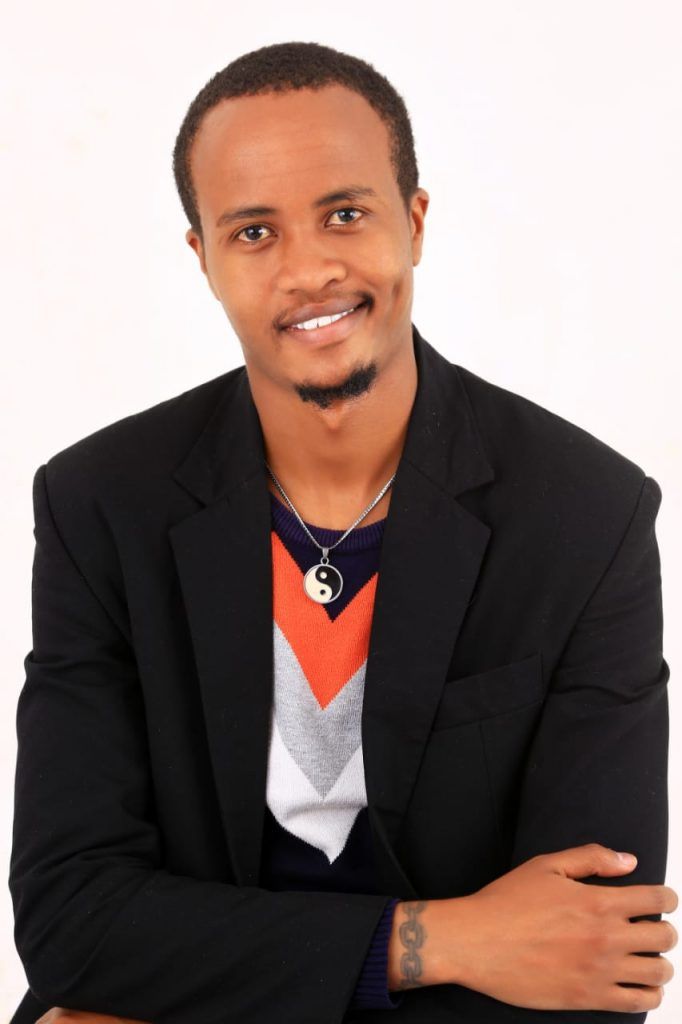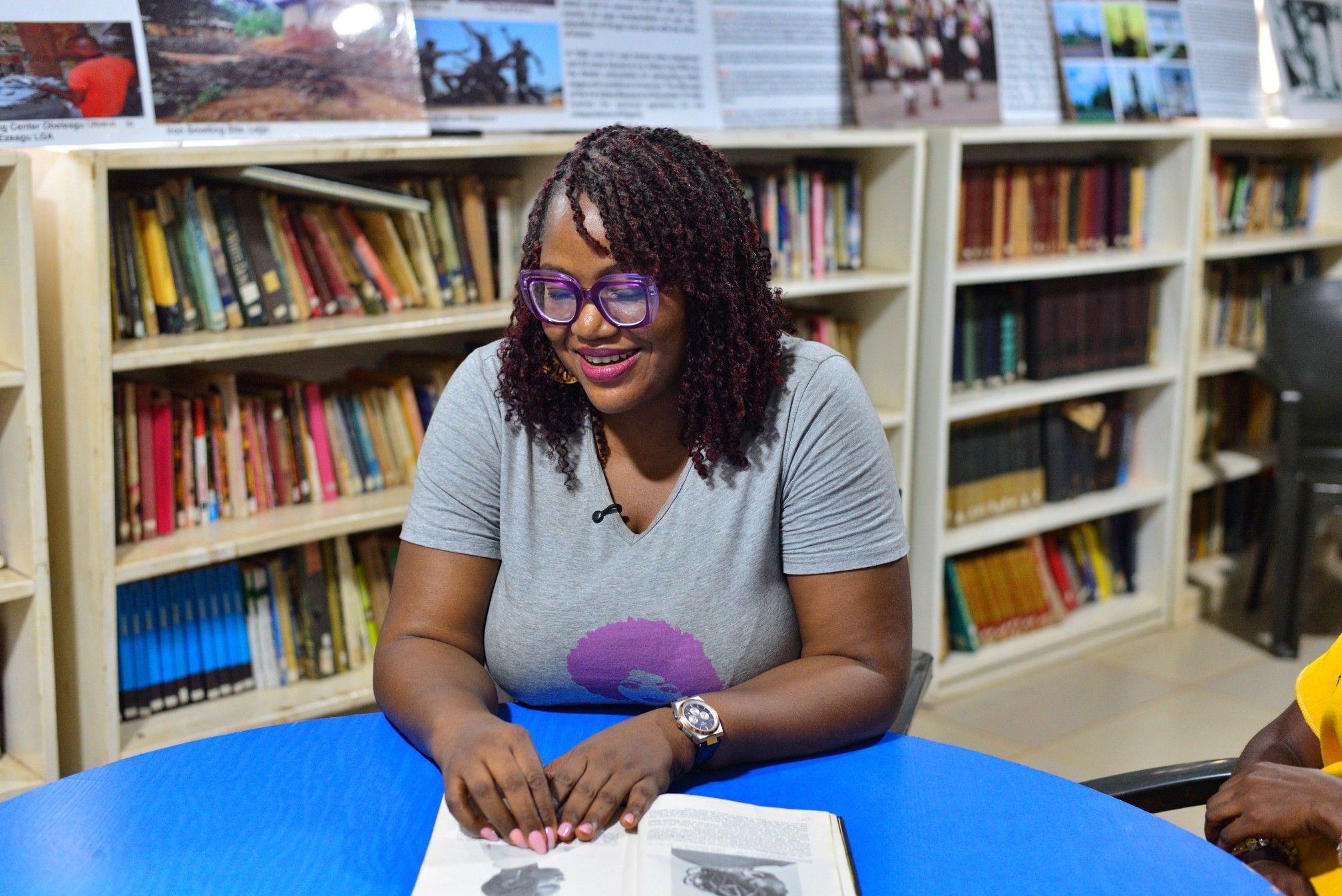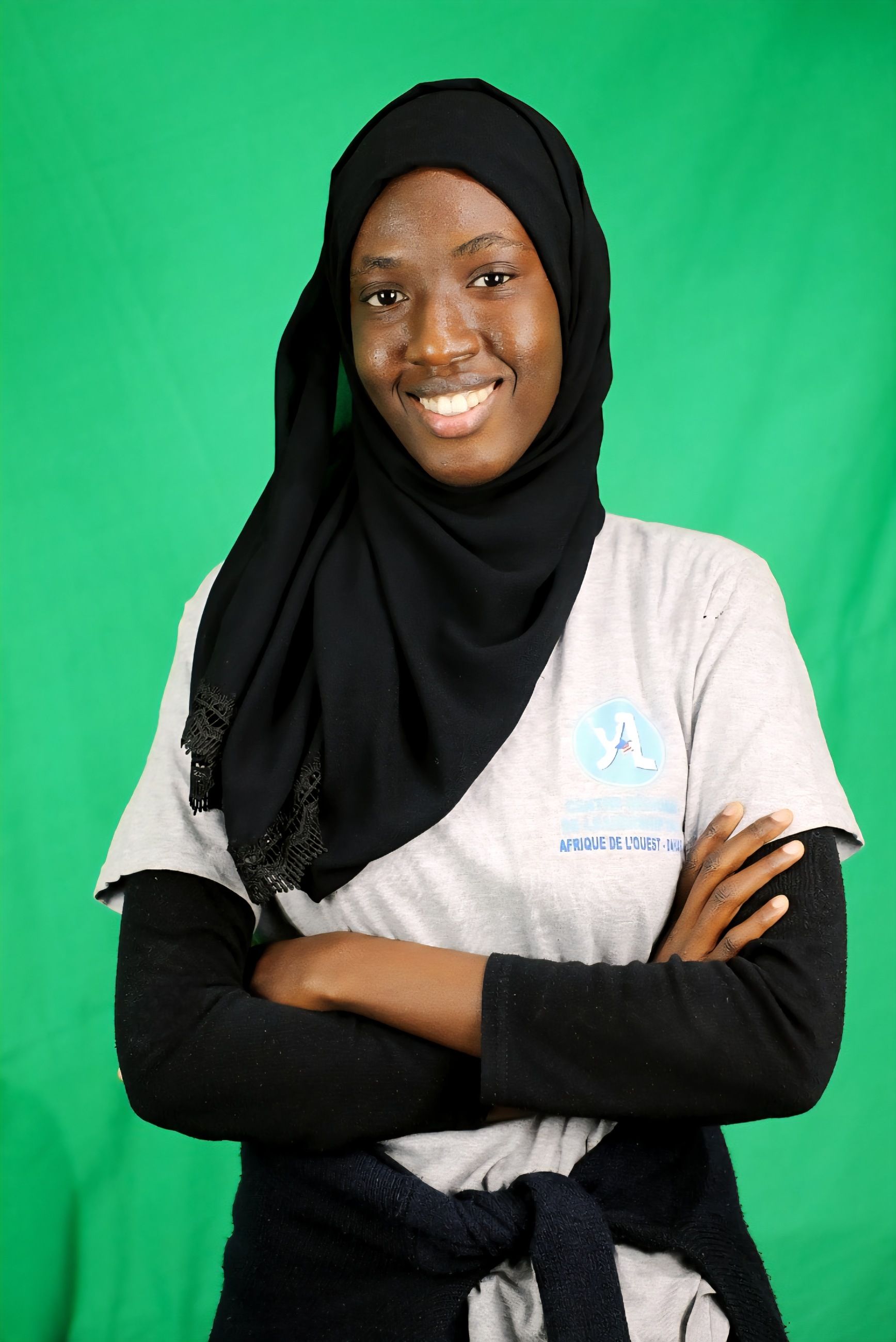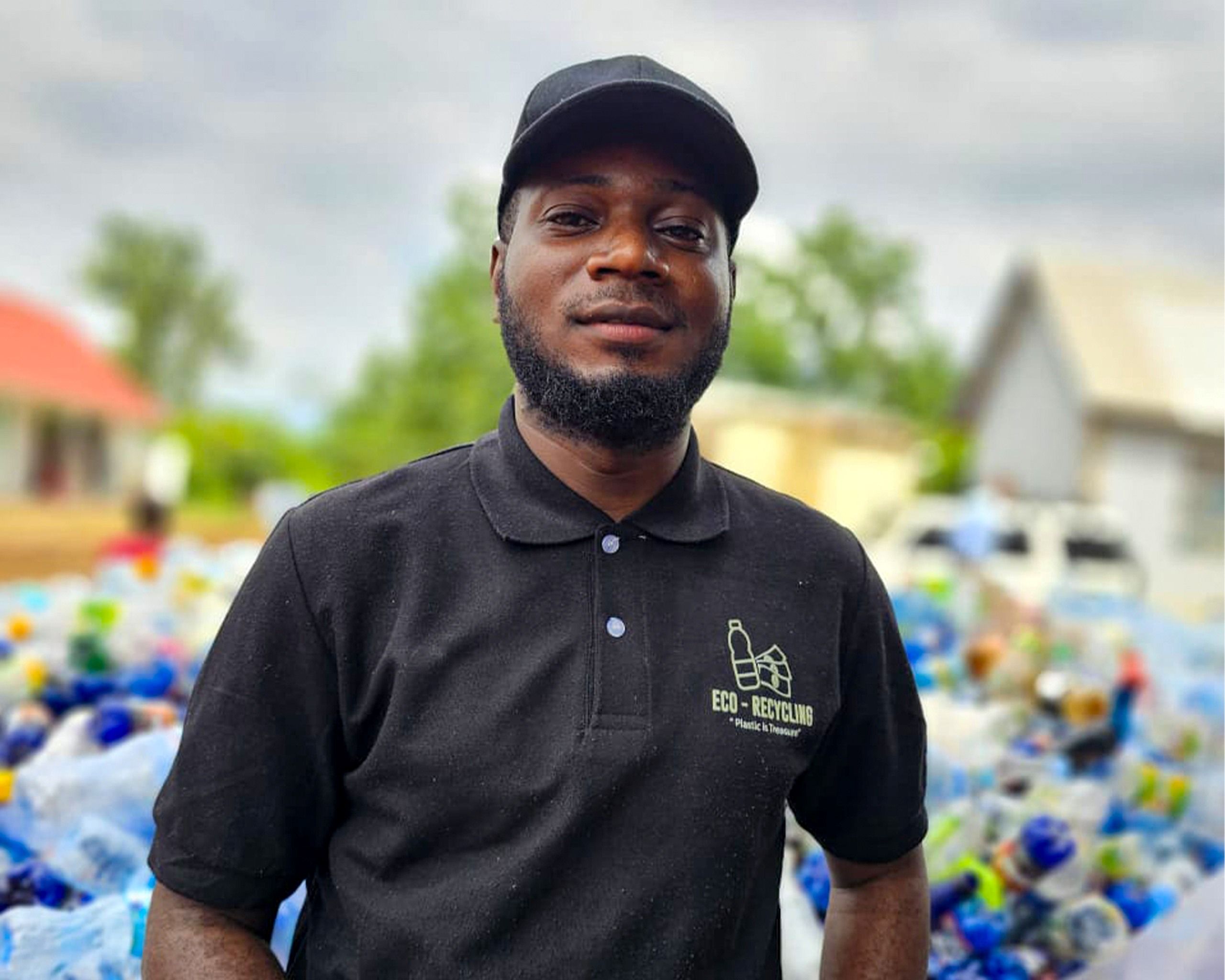A story is told of a young mathematician and physicist, who once sat under an apple tree and observed an apple fall from it. Isaac Newton was his name. This simple observation that for many of us would have been pushed back to the recesses of our minds, to Newton, stoked the flames of his curiosity and led him to embark on the journey towards the discovery of gravity. Years later, another genius, Albert Einstein, explained the phenomenon of the falling apple, furthering discoveries on gravity. Today, Albert Einstein stands in history as one of the greatest inventors, celebrated for his influence on the philosophy of science.
Kenya, aptly nicknamed the Silicon Savannah after a series of inventions including the famed M-Pesa, was named the second-best innovation hub in Sub-Saharan Africa. South Africa came first, with Mauritius trailing behind Kenya. This is according to a 2019 statistical report by the World Intellectual Property Organization. With Kenya rising to carve a name as a cradle for great inventions, Africa inches closer toward making the mission of The Next Einstein Forum (NFE) a reality. The largest science and innovation gathering on the African continent, NFE states on their website, ‘Our work is shaped by our belief that the next Einstein will be African’.
It’s on the pedestal of this promising techy future for Kenya that a group of innovative students at the University of Nairobi present to the world, RADA App, a health mobile application.
Launched on 19th June 2019, the creators of RADA App believe in using technology to solve various challenges gnawing at the young people today. The app which flaunts the tagline Cheza na Rada, which translates to ‘be alert’, or ‘know the ropes’, in this context, addresses sexual and reproductive health, alcohol and drug abuse, general health, mental health, and HIV/AIDS.
Mental health has been a pebble in the shoe for Kenya and the world at large, with worrying statistics of students committing suicide. In an article titled The State of Mental Health in Kenya, Dr Kamau Kanyoro states that the stigma of mental illness in Kenya and by extension in Africa has caused many people to suffer in silence.
Designed with unique features such as professional and peer counselling, financial and career mentorship, student’s forum and notification for important updates, RADA App has refined and redefined the lives of students, providing them with invaluable support in the areas they need it most.
It has been said ad nauseam that with will and determination, nothing is impossible. RADA App proves the aforementioned statement to be true. It was not tech-savvy skillsets that led the creators of the app to develop it, indeed, not all the students who were part of the creation process had a background in IT. It was, rather, their desire to solve the numerous cases of unplanned pregnancies, sexually transmitted diseases, drug abuse, and plummeting mental health on campus that led them to deliver a solution.
We caught up with Issa Khalid, an undergraduate fourth-year student pursuing design, who played a role in the designing of RADA App. He was able to reach his colleagues via teleconference and together, they answered a couple of questions we had for them.
Who is behind the invention of RADA App?
This App is a brainchild of a group of students at the University of Nairobi with diverse academic backgrounds including Construction Management, Science, Biology, Science and Sociology, Education, Economics and Statistics, and Design. Some were there right from the conception stage while others joined the team after the App launched. Kevin Kinuthia and Issa Khalid were behind the design, Musa Ibrahim and Simon Ndiritu took part in the app development, while Victoria Wairimu, Lispar Gichuki, King’ori Ndung’u, and Kariuki Mbuthia handled the content. These brains converged through the Centre for HIV prevention and research department, with technical and financial support from The United Nations Educational, Scientific and Cultural Organization (UNESCO), and Sexual and Reproductive Health Rights Alliance (SRHRA). After the launch, the team expanded to twelve, with more students coming on board to help with marketing and the constant review and maintenance of the App. The twelve of us are passionate about what we do and are currently working from home.
Why did you see the need for developing the App?
Young people between 15-24 years make 16.7% of the national population. 2.3% of them are living with HIV. Moreover, sex is commonplace in universities and drug and substance abuse is on the increase. These statistics, along with a workshop facilitated by UNESCO led to the itching urge to develop RADA App. We agreed that there was an issue which needed to be addressed, and the best way was by use of a mobile App because of the need for anonymity
Did you get the support of the University or other organizations dealing with health?
Yes, the university supported us right off the bat. We were linked with Centre for HIV prevention and research, who worked in partnership with UNESCO and SRHRA. The National Agency for Campaign Against Drug Abuse (NACADA) and Kenya Aids NGOs Consortium (KANCO) validated information on substance abuse, The Ministry of Health's Sexual and Reproductive Health department validated all information on sexual reproductive health, The National AIDS and STI Control Programme (NASCOP) validated HIV content, John Hopkins Programme for International Education in Gynaecology and Obstetrics (JHPIEGO) validated content on Person-Environment-Occupation-Performance (PEOP) and Pre-exposure Prophylaxis (PrEP), while Kenyatta University validated content on Nutrition.
RADA App offers professional counselling, with the option of a user booking a one on one session. How is this made possible?
The University health counsellors provide all services to students free of charge. There are also toll-free lines connecting users to UoN, NACADA, and the recently launched line for Sexual and Gender-Based Violence (SGBV). Moreover, UNESCO is supporting in the dissemination of the App. The team is currently working on the possibility of mapping out counsellors nationwide, so that young people can be helped wherever they are.
How does the App work?
After downloading it from Google Play Store, one logs into the App and can either choose to join a group where various kinds of information are available or choose to talk to a consultant anonymously. We have prioritised anonymity and confidentiality to ensure that our users are comfortable. Through the easy to navigate features, students are able to get professional information on sexually transmitted infections, report and seek help in emergency or abusive situations, get career tips, and learn how to deal with peer pressure
Are the services of RADA App limited to students within the University of Nairobi?
Initially, it was to help only the UoN students. Before the launch, however, the team decided that the issues affecting the young people were similar in all institutions, and that is why UNESCO supported its dissemination in four other universities– Kenyatta University, South Eastern Kenya University, Masinde Muliro University of Science and Technology, and Pwani University. Plans are underway to reach out to all other institutions of higher learning, and eventually, to age-appropriate youth who are out of school.
What impact has the App had so far?
The developers themselves have been impacted greatly. Many are now more conscious of matters pertaining to their health. Some were smoking weed, but the project helped them quit even before the launch. Career development flooded through our doors, especially for the students who coded the app from scratch. We had to go through a lot of training, and some of us have been gainfully employed since then. When it comes to impact on students, a number of female students have since come out on issues of SGBV in campus, and others who were pregnant got help. Drug addicts are privately seeking help through our app, and the counsellors have been able to help some students who had suicidal thoughts.
What challenges do you face?
The major challenge is winning over the trust of students that their confidentiality while using RADA App is secured. That, and the constant review and maintenance of the APP.
***
RADA App is currently available only on the android version, but plans are underway to have it also on IOS version. It has a rating of 4.9 on Google Play Store.
Also read: "We all need a therapist": Nancy Kabiru on investing in our mental wellbeing

